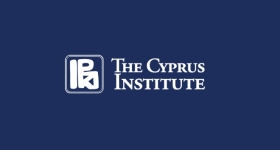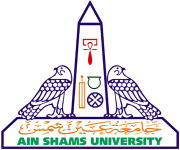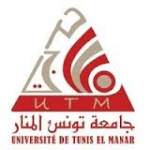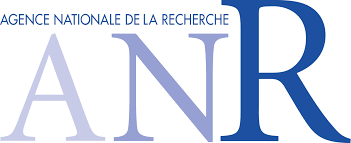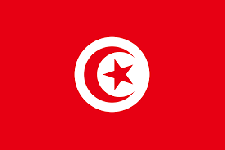ABOUT US




The SWATCH project aims to develop and apply innovative methodologies to increase the social-ecological Water Use Efficiency of managed ecosystems along the Mediterranean biome and climate types, in the face of drier and more extremes climates. The SWATCH project relies on 9 study sites which cover a wide range of spatial scales, climate, and ecosystems. Case studies will examine the Mediterranean Sea basin from west to east providing the exceptional opportunity to develop and compare water resources management and planning strategies and develop a wide monitoring network for contrasting climate conditions (mean annual rain from 35 to 780 mm/y) in the Mediterranean region. SWATCH activities are structured into seven interconnected work packages, including WP1 on management and WP7 on dissemination and communication. WP2 deals with the Monitoring of experimental fields and hydrological basins, addressing innovative methodologies for EvapoTranspiration (ET) measurements in typical heterogeneous Mediterranean agrosilvopastoral systems and agricultural environments. It includes innovative eco-hydrologic monitoring approaches in ephemeral rivers and wadis along the Mediterranean biome and climate types, establishing a transnational Mediterranean river monitoring system. WP3 focuses on Ecohydrological modelling. It uses outcomes from WP2 to address innovative ecohydrologic models at several spatial scale. WP4 includes the acquisition of satellite images and the development of a data assimilation systems for assimilating remotely sensed and field data into ecohydrological models at the watershed or agricultural district scales for optimal characterization of soil water balances and the underlying water use efficiency. The data assimilation systems will be integrated in the VDM LSM developed within WP2. WP5 includes the development of land cover change strategies under actual and future climate change scenarios for optimizing the use of water resources, while WP6 includes the development and improvement of water management and planning systems for the optimization of the water infrastructures and uses.






